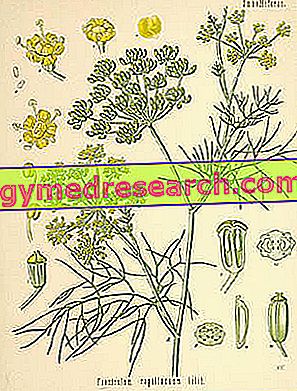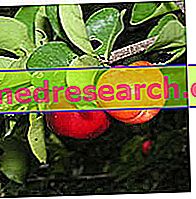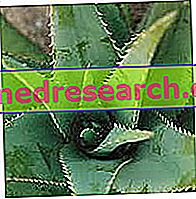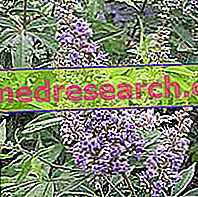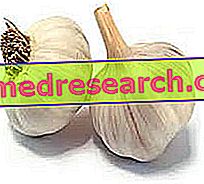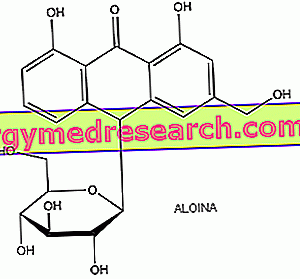Information disseminated by: EMEA (European Medicines Agency) COMMITTEE FOR PLANT-BASED MEDICINAL PRODUCTS (HMPC) FOENICULUM VULGARE MILLER SUBSP. VULGARE VAR. DULCE (MILLER) THELLUNG, FRUCTUS FRUIT OF FENNEL, SWEET Summary of the HMPC assessment report for the public What are sweet fennel fruit medicines made up of
Category phytotherapy
By Dr. Rita Fabbri The pharmacological activity of Aloe vera is very complex precisely because the chemical constituents of the plant are very numerous and, as we have already said, the therapeutic effects of Aloe are the result of the synergistic interaction of the active ingredients with receptive molecules of the organism human
By Dr. Rita Fabbri Contraindications, special warnings and appropriate precautions for use, undesirable effects For the Pineapple, we have no clinical studies conducted on pregnant and lactating women; in these cases it is therefore advisable to inform the doctor before taking products containing it
By Dr. Rita Fabbri ... The genus "Malpighia" is in honor of Marcello Malpighi, a famous doctor of the seventeenth century. The fruit of the Acerola, due to its appearance , is commonly known as "Cherry of Barbados" but inside it presents segments with a slightly sour taste like those of an orange, and just like an orange the Acerola provides a quantity high in vitamin C (ascorbic acid)
By Dr. Rita Fabbri About 350 species of Aloe are known and of these, 125 are distributed in South Africa; of all, the one most used in phytotherapy is Aloe vera. The etymology of the name Aloe derives from the Greek and means salt therefore… sea: in fact they are plants that have sea areas as their ideal habitat; it is likely that the name of the plant may derive from the Arabic term which means bitter, alluding to the juice of the plant in fact very bitter.
By Dr. Rita Fabbri The term Agnocasto derives from a Greek word that translated literally means "pure", hence the name "Agnus", to remember precisely the anaphrodisiac properties of this plant. Later the word "Castus" was also added, further emphasizing the meaning of purity
By Dr. Rita Fabbri Garlic is a plant cultivated since ancient times. Linnaeus indicates Sicily as the homeland of the plant. Kunth means Egypt. Some authors state that the only country where garlic was found in the wild in a certain way is China. Other researchers claim to have found it spontaneous in India
By Dr. Rita Fabbri Contraindications, special warnings and appropriate precautions for use, undesirable effects Aloe vera gel can be used safely in topical applications: the range of these products available on the market is truly vast. Regarding Aloe vera juice, there is currently no precise data on the optimal daily dose, however it is recommended not to take more than 250 ml / day (38)
By Dr. Rita Fabbri ... The Pineapple is a plant that already Maya, Aztecs and Incas knew and cultivated. Christopher Columbus had seen this fruit in Guadeloupe in 1493. The natives of South America called it "nana", the Portuguese "ananaz", then pineapple in Italian, French and German; for the Spaniards it was the "piña" for its resemblance to a pine cone: hence the English term "pine apple".
By Dr. Rita Fabbri The pharmacological activity of the Pineapple is linked to the Bromelain contained above all in the stem; to this substance proteolytic, anti-inflammatory properties of soft tissues, analgesic, antiedematous and fibrinolytic are attributed; Bromelain also has mucolytic, immunomodulatory and gastroprotective activity; besides it seems able to relax the smooth muscles; it is capable of draining liquids and for this reason it is inserted in over-the-counter slimming products
By Dr. Rita Fabbri The therapeutic activity of the Angelica species is linked to its high content of coumarins. Unlike other medicinal plants, scientific research was based on plant extracts rather than on individual constituents, and in numerous studies, Asian Angelica was used. Below are the most important pharmacological activities of Angelica

